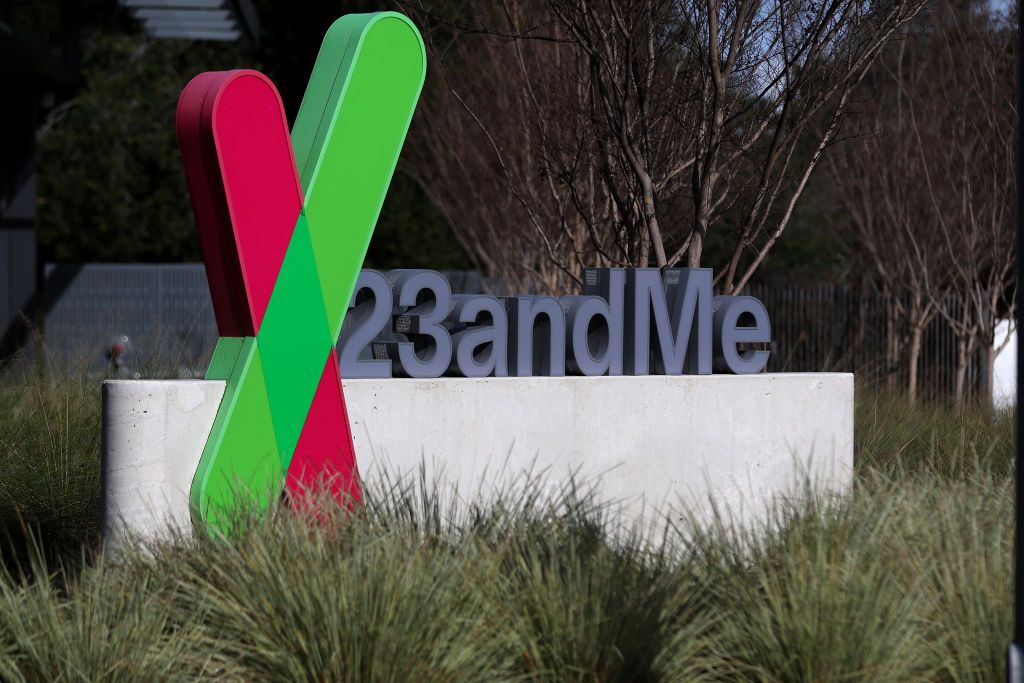The Potential Acquisition by the Sei Foundation
The recent proposal by the Sei Foundation, the organization behind the layer1 blockchain Sei, to acquire the bankrupt genetic data company 23andMe has sparked considerable interest. While this move may seem like a long shot or even a publicity stunt, it raises compelling questions about the future of data ownership and privacy in our increasingly digital world.
If this acquisition were to take place, we would witness a significant crossover between Web3 and Web2, marking a potential shift in the tech landscape. Currently, Web2 giants face competition from agile and innovative smaller entities in the AI sector. However, the purchase of a once-prominent Silicon Valley firm by a blockchain newcomer would serve as a dramatic paradigm shift in the tech ecosystem.
The Importance of Data Security and Privacy
Beyond the implications of such a deal, it could significantly enhance public understanding of data security and privacy. Many individuals are aware, albeit vaguely, of how companies like Meta, Google, and Apple utilize their data, yet we often ignore these practices in exchange for convenience.
23andMe, which holds sensitive DNA and related data for approximately 15 million individuals, exemplifies the vulnerability of personal information in the hands of centralized corporations. While it is concerning that social media platforms track our shopping habits and expose our private messages, the stakes are much higher when it comes to genetic information. This data is the very essence of who we are, and the possibility of it being commoditized raises alarming ethical questions.
The Risks of Data Misuse
If the Sei Foundation’s acquisition does not materialize—a likely scenario—the data held by 23andMe could be sold to health or life insurance companies. This situation could have dire consequences, as these companies may leverage the data to discriminate against individuals when determining eligibility for essential healthcare services or insurance policies. This potential misuse underscores the precarious state of the U.S. healthcare system and its discriminatory practices.
A Call for Data Self-Ownership
This moment may serve as a pivotal turning point for public awareness regarding data ownership. As people begin to understand the importance of controlling their own data, the conversation around decentralized blockchain technology will gain momentum. This technology presents an opportunity for individuals to secure and manage their information more effectively.
While not all blockchain solutions are created equal, Sei claims to offer a highly secure platform. Additionally, projects like Arweave, which operates on a “pay once, store forever” model, provide avenues for users to upload and safeguard their data in a private and permanent manner.
A Growing List of Decentralized Options
These examples represent just a fraction of the growing range of decentralized solutions available in the market. The key takeaway is that there are no centralized options that can offer the same level of security as decentralized technology. Even the most secure physical storage solutions pale in comparison to the self-sovereignty offered by blockchain.
A Watershed Moment in Data Sovereignty
This juncture represents a crucial moment for individuals to grasp the significance of data self-sovereignty. As trust in centralized organizations, corporations, and governments continues to erode, the potential acquisition of 23andMe may signify a historic turning point. It could fundamentally alter our perception of Web3, influencing how it is understood and utilized in the future.



